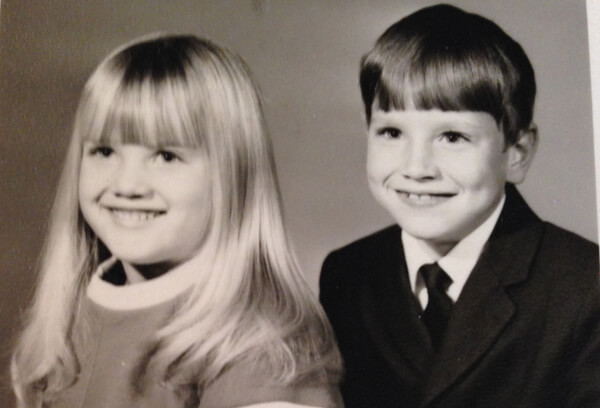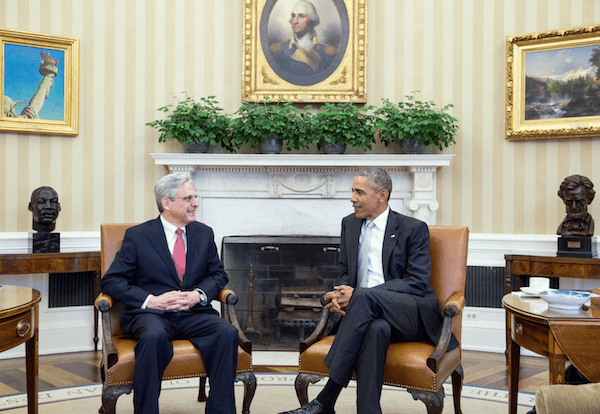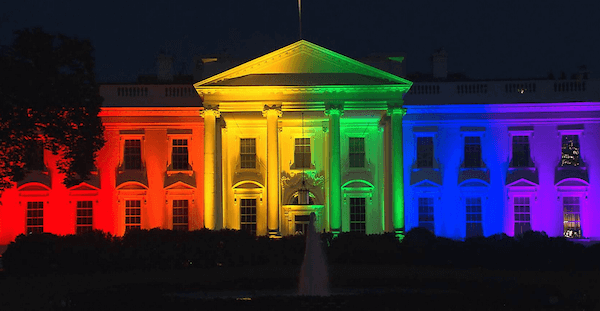My sister Tammy and I more than four decades ago.
BY TROY MASTERS | As a crimson tide of same-sex marriage rolls across Alabama, lives are being transformed right before our eyes. This week marks another huge stage in the paradigm shift that has remade that state in the past 50 years. And if racial progress upended a way of life in Alabama centuries old, gay marriage manages to go beyond race, straight to the core of every family, black and white.
I was raised in 1960s Nashville, where my stepfather –– originally from Dothan, Alabama –– was a prominent musician. From a very early age, I had a deep sense of pride in the privilege I enjoyed with chances to tour the country with him, meeting thousands of people. I met people I was in awe of –– musicians with great skill and extraordinary ambition who taught me a lot about having a mission in life.
My sister and I would travel to Dothan to spend summers there, and those childhood memories — good and bad — have shaped us throughout our lives. Getting in the car to leave Nashville, I would always say “Let us go to Dothan,” the tag line of the local newspaper, the Dothan Eagle, that was borrowed from the Bible. My sister and I would always laugh at our silly inside jokes, as we counted and categorized cars and read billboards that were the basis of crazy narratives we would invent.
We were always excited to see Granny Alabama. She’d cook for a week before we arrived, and no matter what hour we showed up we were showered with buttered biscuits, red-eye gravy, black-eyed peas, collard greens, red velvet cakes, banana pudding, and countless other treats all cooked up with love. Papa would always be there, stoic, wearing his overalls, showing his love in playful glances. The cotton fields surrounding their home were like endless rows of dreams. In my youngest years, Alabama seemed to be a place of infinite love and security. Summers there seemed so alive.
Dothan, located in Houston County at the state's border with Georgia and Florida is denying marriage to all couples rather than issue licenses to same-sex couples. Click here for a status update of Alabama counties.
But as I grew to understand more about adult conversation — often filled with derogatory expletives about blacks and Jews — I came to feel my safety there was fragile. During one of those summers, I was exposed to the first evidence that others could see what was so different about me.
“Troy is a queer,” I overheard my stepfather say with energetic disgust to another family member. Even at 13, I understood that my feelings for other boys were supposed to be secret. Now I knew terror. What my stepfather said humiliated me, sending an icy panic through my body that changed my demeanor and ruined my confidence. For the first time in my life, I felt depression and I became painfully shy.
Alabama became a place, not of love, not of shelter, not of the magic of family, but of fear.
I wanted somebody to turn to for understanding. One of my stepfather’s band members that summer was blind and in those days it didn’t seem strange that he was nicknamed Blind Jack. But he was also called a “homo” by most everyone. Jack was the object of unending ridicule and I instinctively knew to avoid him. I was also desperate to know him.
One day, Jack and I were alone at the dinner table and he asked me to read the newspaper to him. After I read to him for a while from the Eagle, he asked me if there was anything wrong, if there was something I wanted to talk about. Jack never denied he was a “homo,” and he had overheard gossip about me.
I burst into tears and told him what I had overheard my stepfather say. I wanted to run away, I said, and I wished I had never been born. Assuring me that everybody is different in some way and that sometimes other people just can’t understand, he told me that I was a good boy and that he loved me, that even my stepfather loved me, and that one day I would be happy. At some point, he said, people just wouldn’t care.
Watch Judge Roy More claim he would have opposed
Dred Scott and that gay marriage is just as wrong. from CNN 2/12/15
Shortly after that conversation, my stepfather fired Jack and I always imagined it was my fault.
The secret that I had associated with Blind Jack was out, and some of the adults who had taunted Jack began to say, “Troy is a homo.” Their kids said it too. At the public pool, kids would scream, “faggot,” “queer,” “chicken,” “homo,” as they tried to dunk my head under the water. At one point, a big crowd joined in –– including kids I had known all my life –– and I was terrified they were trying to drown me.
My depression became dangerous and I remember thinking of ways to hurt myself. Alabama now seemed life a hostile hell full of hate. I gave up going there in the summer even though that meant missing out on the love of Granny Alabama and Papa.
And in time I began to associate my experiences there with what I learned about Alabama’s recent past: the church bombings, the police dogs attacking black people. The slurs I heard about blacks, Jews, and Yankees now seemed pretty much the same as my stepfather’s ugly phrase “Troy is a queer.”
Dothan's Probate Judge refused to marry these same-sex couples. Dothan Eagle
But that Alabama is not the Alabama of tomorrow. The night before a federal ruling legalizing marriage equality went into effect, Roy Moore, the chief justice of the State Supreme Court, ordered county probate judges not to issue marriage licenses to same-sex couples. But as of February 11, even without further action by the federal court, 23 of the state’s 67 counties are complying with the mandate for equality. The Dothan Eagle ran an editorial criticizing the chief justice and the probate judges following his lead. Like George Wallace before him, history will judge Moore as the personification of a fading legacy of bigotry, a gasping mouse, one of the last of his kind, a demagogue taking his last Rebel stand in order to pander to a mob.
Still, as I watched counties in Alabama gradually fall in line, my jaw dropped as I recalled the way my summer dreams were crushed there decades before. Had all this happened when I was 13, so much would have been different for me. I hope that for every LGBT 13-year-old in Alabama today –– many of them still feeling isolated and perhaps even more in danger –– this week’s events, boisterous and contentious as they are in many parts of the state, can also make a big difference.
Jack was right.
Troy Masters is a founder of Gay City News and lives in New York City.




































